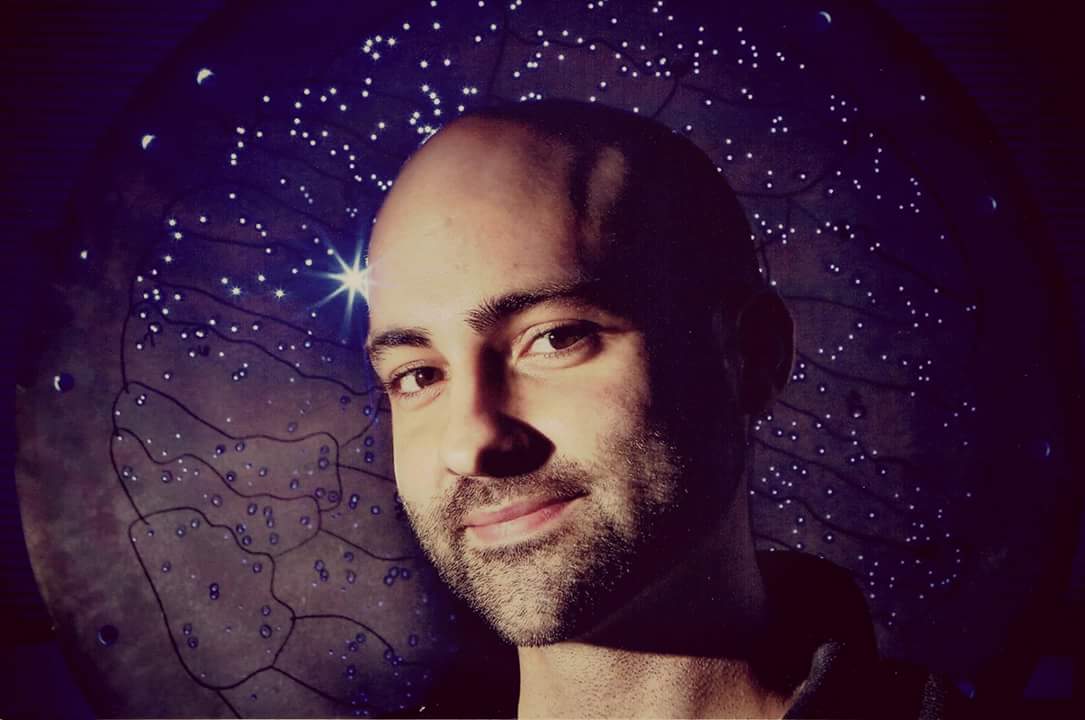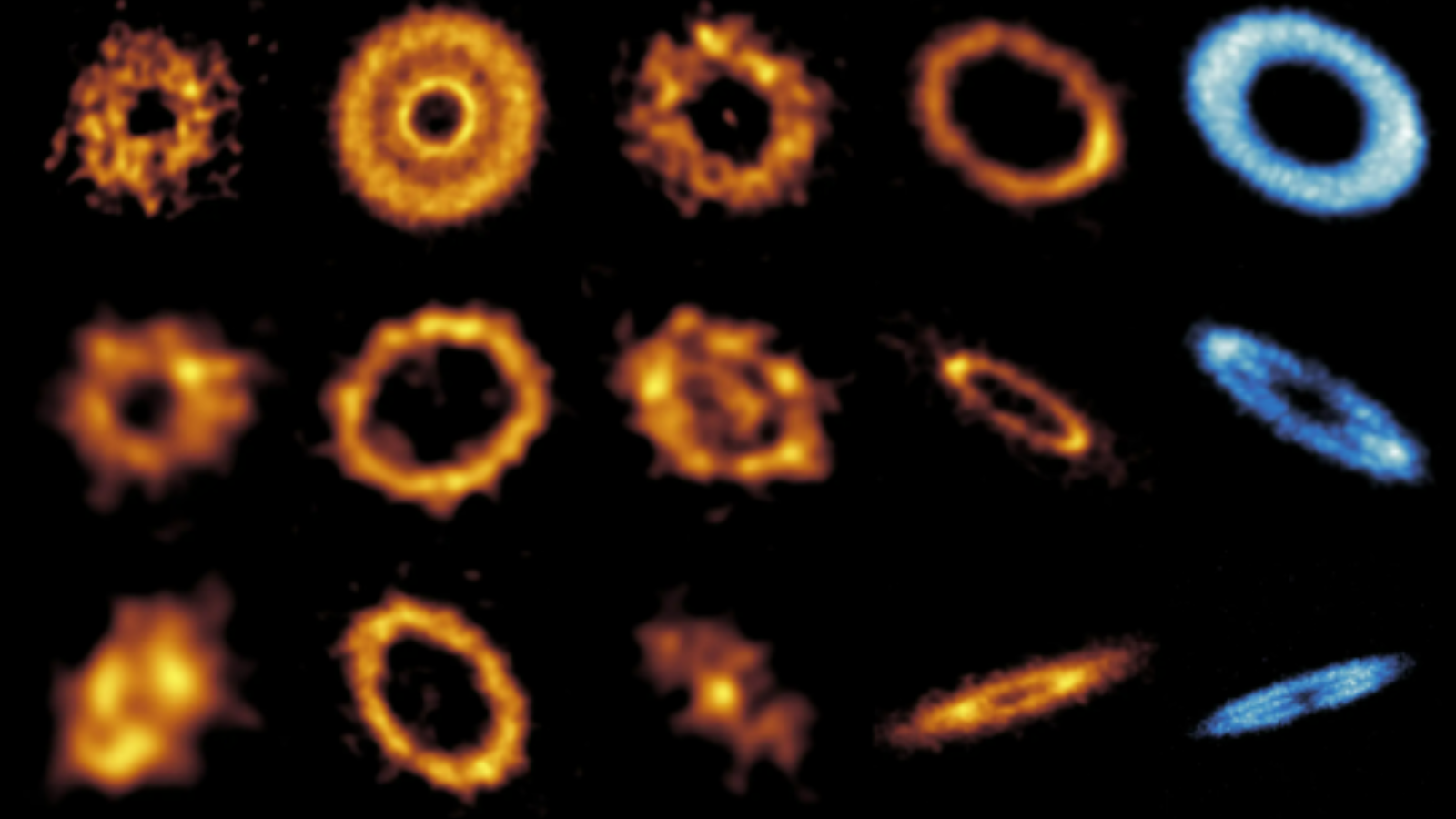
Why time-traveling tachyons probably don't exist

Tachyons are hypothetical particles that always travel faster than the speed of light. Einstein showed that such particles would allow for communication back in time, which opens up all sorts of problems with a fundamental rule of the universe. While physicists haven't proved that tachyons can't exist, there's good reason to believe they don't.
The barrier that nothing with mass can travel at the speed of light isn't just an expression of the limitation of engineering or a representation of a failure of imagination. It's baked into the very laws of the universe, as expressed by Einstein's theory of special relativity.
Let's say you want to start traveling faster than the speed of light. You start from rest and give yourself a little nudge. Because you have mass, your nudge has to overcome a bit of inertia to get you going, but you eventually get going. You light up a rocket, for example, and you blast off.
Related: Why is the speed of light the way it is?
But once you're off the launchpad, you don't stop. You have some superadvanced engine that allows you to keep pushing, causing you to continue accelerating. At speeds much lower than the speed of light, everything makes sense: For every second you fire your engines, you get the same amount of acceleration and the same boost in your velocity.
But as you approach the speed of light, something funny starts to happen. The same amount of energy put into your engines starts giving you less and less acceleration, so you get less velocity bang for your buck. Despite working your engines to the extreme, you find yourself inching closer to the speed of light but never reaching it. At some point, you realize that to achieve light speed, you need to put an infinite amount of energy into your engines — which you don't have.
The problem here is that energy is mass, as given by E = mc^2. The faster you move, the more kinetic energy you have, which means you are literally heavier the faster you go. As you approach the speed of light, your mass goes to infinity, so it takes an infinite amount of rocket power to make it to the speed of light.
Breaking space news, the latest updates on rocket launches, skywatching events and more!
The tachyon workaround
But those rules apply to objects with mass starting below the speed of light. Massless objects, like light itself, automatically travel at light speed, never slowing down or speeding up. In 1967, building on work going back decades, physicist Gerald Feinberg proposed a new class of particle: objects with "imaginary mass." ("Imaginary" here refers to the mathematical term for the square root of -1.) These particles, which he called tachyons, would never travel slower than the speed of light. In fact, they would be forced to always go above light speed and would have just as much difficulty slowing down to light speed as we do trying to accelerate to it.
Feinberg wasn't the first to consider faster-than-light particles, but he was the one to coin our word for them. Einstein toyed with the idea but found that such particles violated a central rule of the universe: causality.
Causality is so fundamental that it underlies everything we understand about the workings of the universe. Put simply, causality states that causes must come before effects. I have to text you before your phone beeps, I have to put a piece of cheese in my mouth before I can eat it, and so on.
Causing trouble
But tachyons are capable of violating causality. To see how, let's set up a little thought experiment. I'm sitting on Earth while you're having some grand adventure out in the universe. I want to send you a signal with tachyons, so I fire up my tachyon transmitter and beam off a message.
From my perspective, the tachyons race away from me at faster than the speed of light in your direction. So far, so good.
If you're standing perfectly still, then eventually, the tachyon will reach you in less time than it would take for light to get there. You wouldn't be able to see the tachyon coming until it already passed you, which is still no big deal. If you had a telescope pointed at me, you would receive the tachyon before seeing the image of me pressing the button to send it. Curious, but still no huge problem.
The issue comes if you start moving. In relativity, from your perspective, you are standing still while Earth appears to be receding. This introduces time dilation: From your perspective, everything in the universe — including the action of me pressing the button — slows down. In fact, if you're traveling fast enough, you could receive my tachyon and send a reply before I even hit the button in the first place; you can send a signal back in time.
Once you allow for sending signals back in time, you can play many fun games that create contradictions. You can have a message sent back to prevent your grandparents from meeting, which means you would never exist — but you need to exist to go back in time to prevent your grandparents from meeting. You can trigger an explosion that destroys the tachyon emitter before it receives your message. You can even destroy yourself in your own past.
And because we don't live in a universe where these contradictions and violations of causality happen, it seems unlikely that tachyons exist.
Follow us on Twitter @Spacedotcom or on Facebook.

Paul M. Sutter is a cosmologist at Johns Hopkins University, host of Ask a Spaceman, and author of How to Die in Space.
